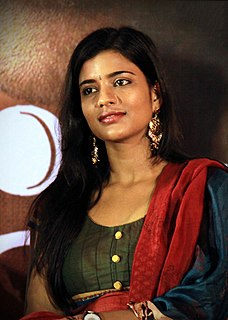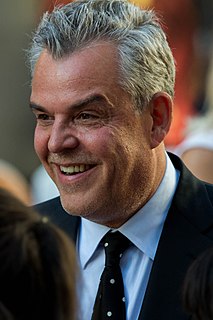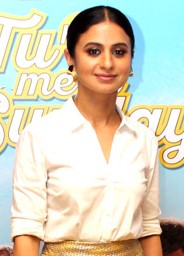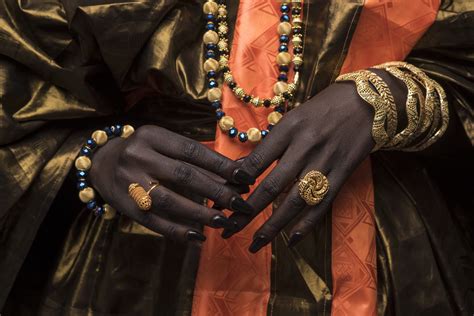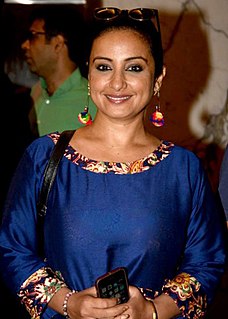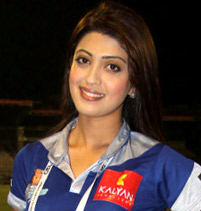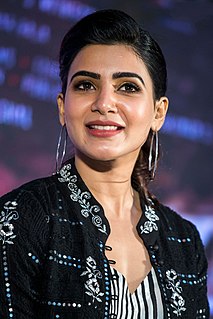A Quote by Kalki Koechlin
Once I wanted to get into films, I took my time about it because when I first got to Bombay, I gave my photos and CDs to all the production houses. But the roles that came my way were the 'typical white girl dancing in the background' kind of roles, which I was not too interested in, or it was advertisements.
Related Quotes
I think we did our first session in 1958. There were no black background singers - there were only white singers. They weren't even called background singers; they were just called singers. I don't know who gave us the name 'background singers,' but I think that came about when The Blossoms started doing background.
For a long time, way back in the ’30s and ’40s, there were fabulous female roles. Bette Davis and all those people had incredible, great roles. After World War II, something happened where it was not only "get out of the factories," but "get out of the movies." That's when women's roles started to really [change].
Theater roles are written by the great masters. The greatest literature that you can possibly know are the theater roles like King Lear, Hamlet, and all of those great roles. So all you do is you dive into these unchallenged roles and see how far you can get, what kind of accolades you can get, and how good you can be in them. In movie roles, you can actually improve them by knowing a lot about your own stage technique, which helps a great deal in the cinema and how you can project inner humor even though the particular dialogue is not necessarily funny, but you can infuse it with humor.
The Declaration of Independence, the Constitution, and the Bill of Rights were all written by affluent white males, but to discuss them in any meaningful way, you have to bring in the roles of African Americans - the enslaved blacks - and the roles of women, who were scarcely acknowledged by those documents. You have to discuss why slavery wasn't outlawed by the Constitution, why women weren't given the votes. The Bill of Rights isn't about dead white males anymore, and it's not just about live white males either; it's about every minority group that exists.



